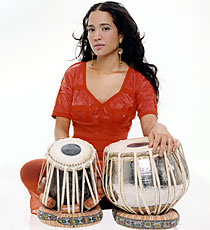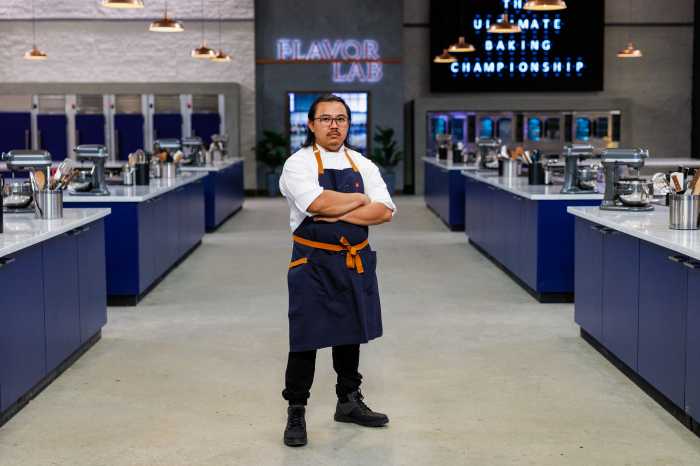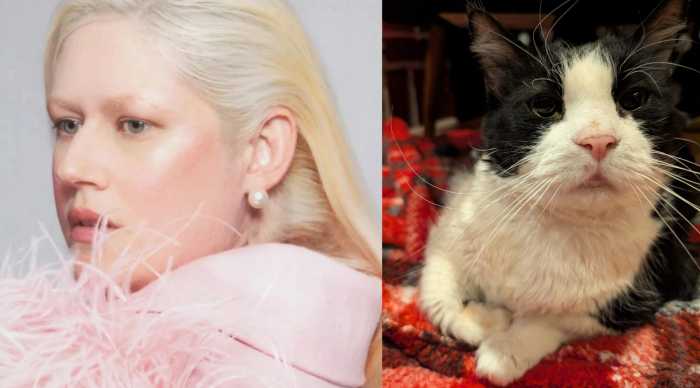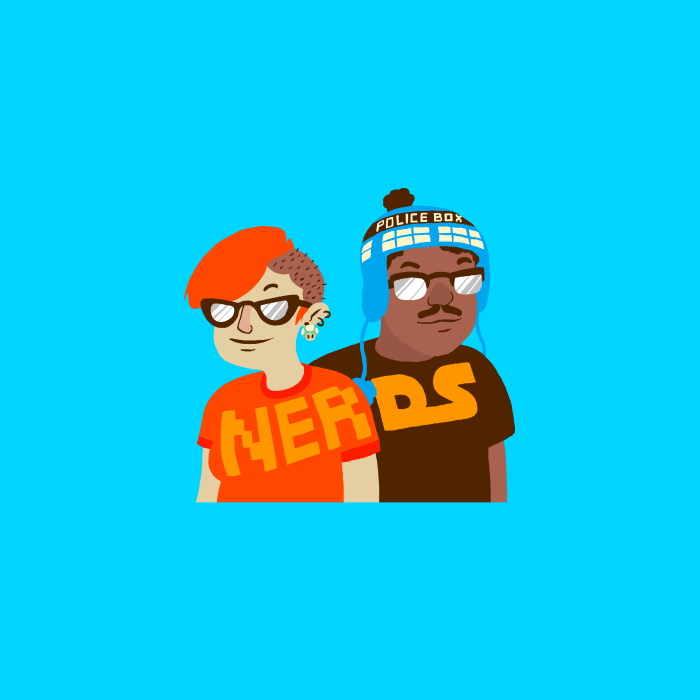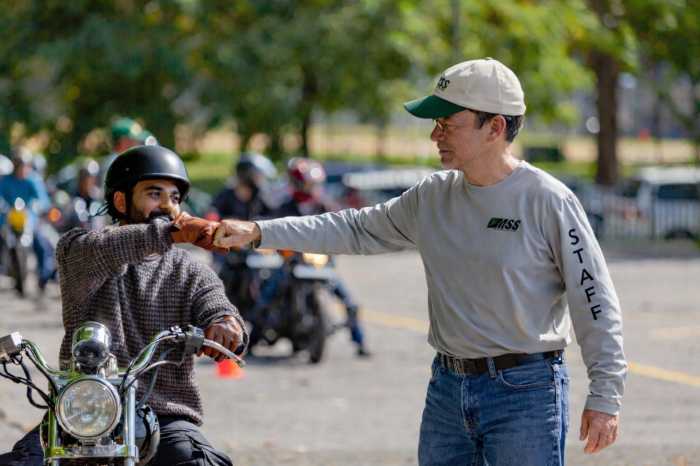Most Brooklynites don’t mind a little noise.
Then again, most of them don’t live in the apartment above drumming
goddess Suphala Patankar. The rising tabla star and Park slope
resident – known by her first name – practices in her home studio,
and she admits she’s not the quietest of tenants.
"Neighbors have complained about the noise," Suphala
told GO Brooklyn. "I need to get better soundproofing."
But for Suphala, playing the tabla (a pair of classical Indian
drums) has become more than a pastime and path towards musical
stardom – she’s fallen in love with it.
"To me, music is very spiritual," she said. "It’s
my religion. But you don’t need to sing words about religion
when the reason you play is spiritual."
The daughter of South Asian immigrants, Suphala (who declined
to reveal her age) has been studying and performing music since
she was 4. Trained in Western classical piano, she was first
introduced to the tabla at 17, when her mother brought a set
home from their hometown of Mumbai, India. Suphala took to the
tabla immediately.
She began training with two of India’s most revered tabla players,
the late Ustad Allarakha and his son Ustad Zakir Hussain, and
regularly traveled to India during "music season" –
three winter months during which music masters tour and perform
– to perfect her skills. Suphala was often the only one or one
of two girls in a roomful of men learning how to play the tabla.
"With drums, in general, men are the more prominent players,"
said the petite musician. "I was always pretty much outnumbered
as a girl, but I never focused on that."
Although the tabla is an ancient Indian instrument dating back
thousands of years, learning to play it hasn’t gotten easier
over time.
"In the beginning, it requires much patience," said
Suphala. "The rhythmic complexity is very great, and you
have a lot to deal with. You really have to fall in love with
it." The right drum, or "dayan," is often carved
from a single piece of wood and produces a higher-pitched sound
than the "bayan," or left drum, which is usually made
from metal and produces a bass tone. Although tablas can cost
as much as a few hundred dollars in the West, the instrument
can be bought for much less in its native land.
"Spend the money on airfare," Suphala recommended jokingly.
"Go to India and you’ll pay only $30 for a great set."
Either way, to become a tabla expert requires an investment of
both money and time.
"The tabla isn’t a drum you can just beat with your hand
or a stick and get a great sound out of it," explained Suphala.
"You have to learn its language." She means that literally.
The language is composed of different rhythmic sounds, or "bols,"
and the player must learn how to express those sounds both vocally
and manually. When spoken, "bols" roll off the tongue
like a series of melodic clicking noises; when played, they define
a player’s unique musical voice.
Even after years of practice, Suphala continues to study the
art of the tabla with her guru, Ustad Zakir Hussain.
"It is a continual learning process," she said. Traditionally,
tabla players will study with their teachers "as long as
they’re around," she said, so that the teacher can pass
along his or her particular style. After the teacher passes away,
the student becomes the guru, incorporating personal style with
traditional teachings.
"The basic language of the instrument is the same,"
said Suphala, "but there are different dialects."
Because many students can study under one teacher, players from
different areas can communicate via the language of tabla, even
if they can’t communicate in words. Thus, on a recent trip to
Kabul, Suphala was able to connect with Afghan musicians via
the tabla despite the language gap.
"Their main tabla teacher had sat with my guru, so we were
playing the same base," she said.
Although she didn’t know it beforehand, Suphala was not only
the first woman, but the first foreign musician to play music
in public in over 20 years in Kabul, Afghanistan, since the oppressive
rule of the Taliban took hold.
"I didn’t expect such an historic event," she said.
"It made me happy, because it’s important to that community
to have someone come and acknowledge them."
Now back home in Brooklyn, Suphala gives lessons to fellow musicians
if they are seriously interested in learning the art of the tabla,
and leads her own three-person band with violinist Mazz Swift
and trombonist Dana Leong. She has also worked with numerous
musicians hailing from very different musical backgrounds, including
Michael Bland (the drummer for Prince) and jazz vocalist Norah
Jones.
In 2000, she produced her own album, "Instru Mental,"
and her latest CD, "The Now," will be released by the
Rasa Music label on May 11. It’s a trance-inducing amalgamation
of echoing vocals and the frenetic but meditative thumps of Suphala’s
fingers and palms on the tabla, mixed with glossy harmonies and
synthesized beats.
"My first album focused on mutating beats and rhythms, and
it was a little more crazy," she said. "’The Now’ is
about compositions and harmonies, and it’s more melodic and cinematic."
Listening to "The Now," one can feel the organic connection
between artist and instrument, and the passion Suphala pours
into her craft. The music she brings forth from the tabla is
as rich in depth as the tabla itself. And while her neighbors
may be less amenable to its presence, the music world is starting
to take note.
"The tabla is now being used in all forms of music, from
hip-hop to jazz, and it’s making people’s ears perk up,"
said Suphala. "Its time has finally arrived."
Suphala’s CD, "The Now," will
be released in stores by the Rasa Music label on May 11. For
more information, visit www.suphala.com.
"The Now" record release party will be held at Le Souk,
47 Ave. B between Third and Fourth streets in Manhattan, on May
11 at 7 pm.


